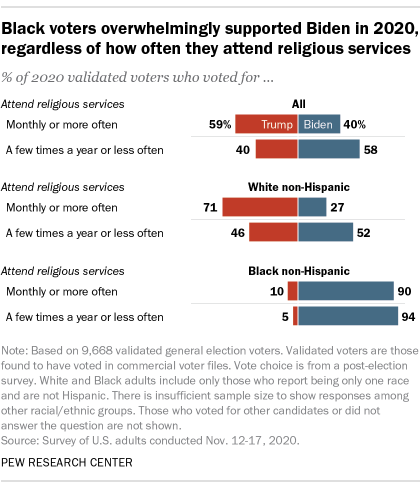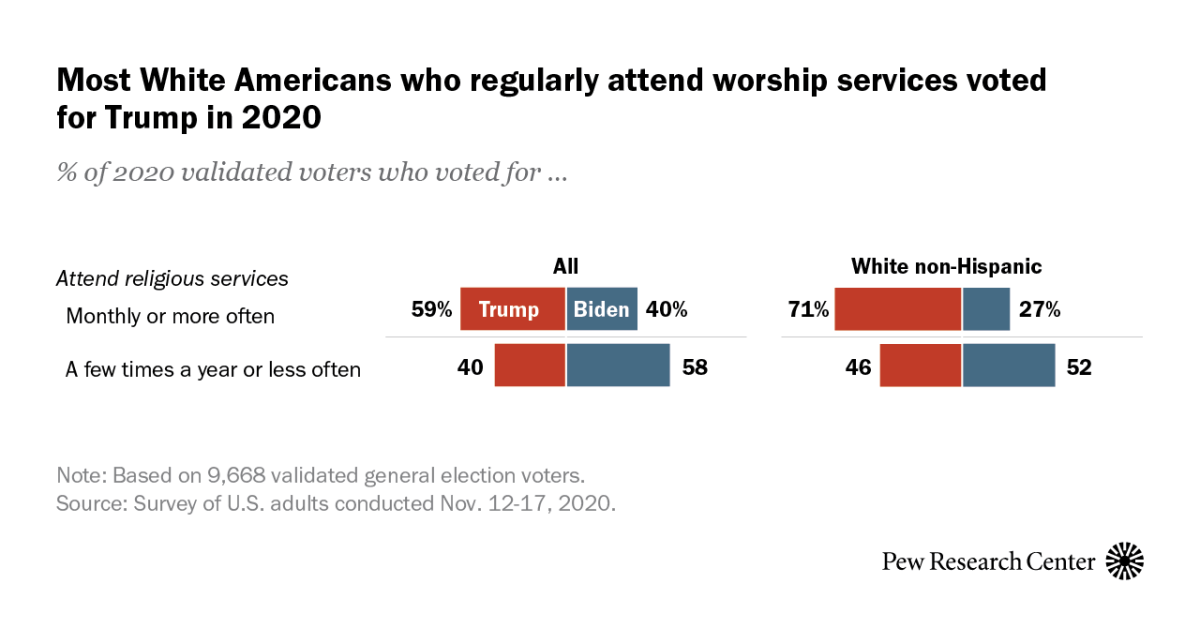In 2005,
Baptist Pastor
Al Sharpton criticized megachurches for focusing on "bedroom morals", statements against same-sex marriage and abortion, by ignoring issues of
social justice, such as the immorality of war and the erosion of
affirmative action.
[26] Some megachurches have similarly been criticized for stating they are inclusive while maintaining a strong stance against gay marriage and do not allow sexually active gay members to fully participate in the church.
[27] [28]
In 2018, American professor Scot McKnight of Northern Baptist Theological Seminary criticized nondenominational megachurches for the weak external accountability relationship of their leaders, by not being members of a
Christian denomination, further exposing them to abuse of power.
[29] However, a study by the Hartford Institute for Religion Research published in 2020 found that 60% of American megachurches were members of a Christian denomination.
[30]
Some megachurches and their pastors have been accused by critics of promoting a "
prosperity gospel", where the poor and vulnerable are encouraged to donate their money to the church rather than saving it, in the hopes that God will bless them with wealth.







